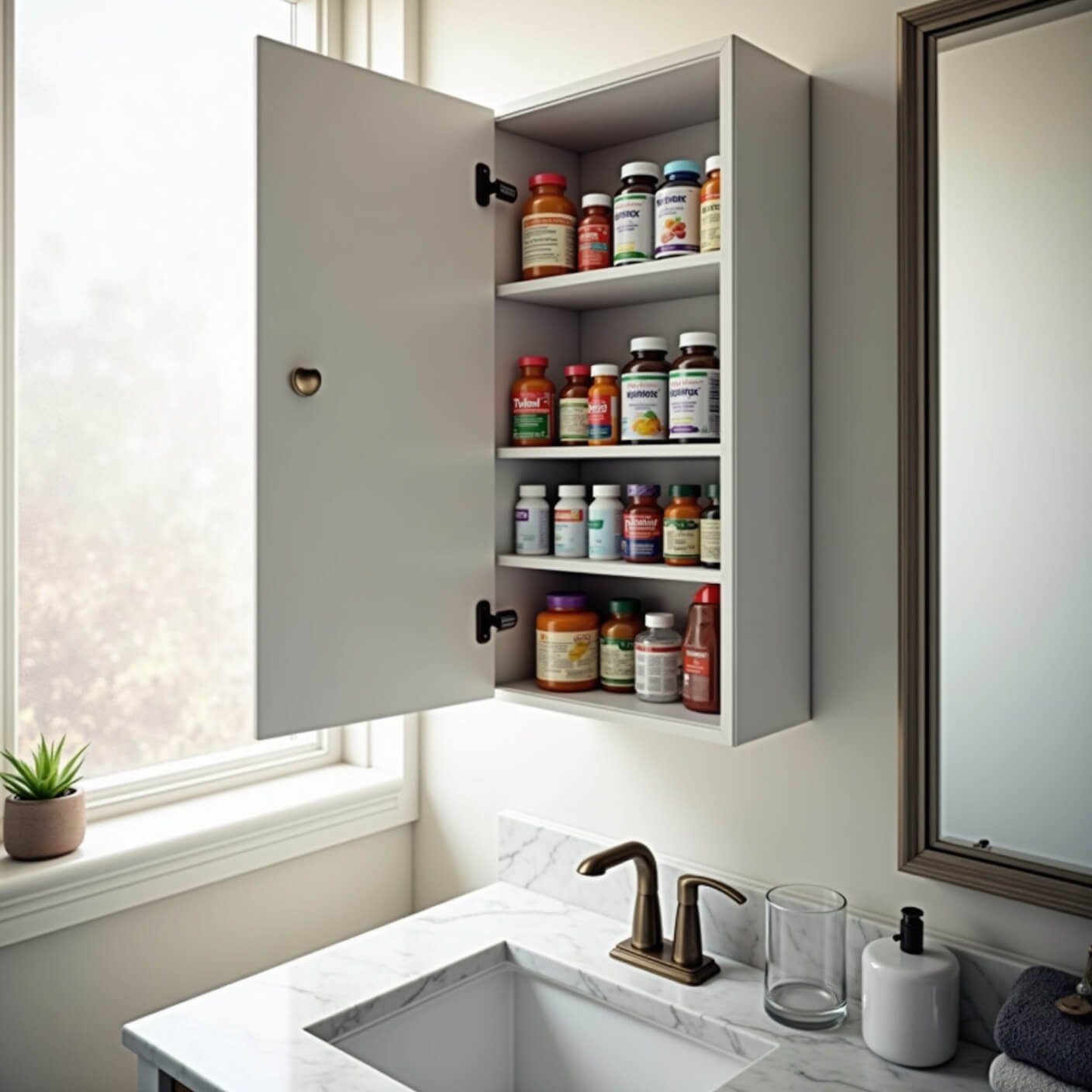Can Tylenol Cause Constipation? Here’s What You Need to Know
Tylenol constipation isn’t something most people think about when reaching for pain relief, but it’s a real concern I’ve heard from patients over the years.
When you’re dealing with headaches, fever, or muscle pain, the last thing you want is another problem to solve. But understanding how your pain reliever might affect your digestive system matters more than you might think.
Let me break down the facts about acetaminophen, constipation, and what you can do if you’re experiencing this uncomfortable side effect.
What Exactly Is Tylenol?
Tylenol is the brand name for acetaminophen, one of America’s most commonly used over-the-counter pain relievers and fever reducers.
Unlike ibuprofen (Advil) or naproxen (Aleve), which are classified as NSAIDs (non-steroidal anti-inflammatory drugs), acetaminophen works differently in your body.
It primarily blocks pain signals in the brain rather than reducing inflammation throughout the body.
I recommend acetaminophen to many patients because it’s generally easier on the stomach than NSAIDs – but that doesn’t mean it comes without potential digestive effects.
The Tylenol-Constipation Connection
Here’s the straight talk: Tylenol can cause constipation, though it happens less frequently than with other medications.
Research suggests that roughly 5-10% of people taking regular acetaminophen may experience constipation as a side effect.
The risk increases when you:
- Take higher doses
- Use it for extended periods
- Combine it with other medications
- Are already prone to constipation
While we don’t fully understand exactly why acetaminophen causes constipation in some people, it may relate to how the drug affects certain neurotransmitters that influence gut motility.
Medications More Likely to Cause Constipation
If you’re battling constipation and taking multiple medications, Tylenol might not be your primary culprit. These medications are much more notorious for binding things up:
Opioid Pain Relievers
Prescription pain medications like oxycodone, hydrocodone, and morphine are powerful constipation triggers. They slow down gut movement significantly – sometimes to a crawl.
Certain Antidepressants
Many tricyclic antidepressants and some SSRIs can leave you feeling backed up due to their effects on neurotransmitters that regulate bowel function.
Antihistamines
That allergy medication might be helping your sneezing but hindering your bathroom visits. Benadryl and similar drugs have a drying effect that extends to your digestive tract.
Iron Supplements
While crucial for treating anemia, iron supplements are notorious constipation causers.
Blood Pressure Medications
Calcium channel blockers and certain diuretics can contribute to constipation as an unwanted side effect.
I’ve seen patients blame Tylenol for constipation when they were also taking one of these much more likely culprits. Always consider the full picture of what you’re taking.
How to Tell If Tylenol Is Causing Your Constipation
Determining whether your Tylenol use is behind your constipation requires a bit of detective work:
- Track the timing: Did your constipation begin after starting regular Tylenol use?
- Consider frequency: Are you having fewer than three bowel movements per week?
- Note the consistency: Hard, dry, difficult-to-pass stools suggest constipation.
- Elimination test: If medically appropriate and with your doctor’s approval, try temporarily stopping Tylenol to see if symptoms improve.
Remember that constipation has many potential causes beyond medication, including diet, hydration, activity level, and underlying health conditions.
Managing Constipation While Taking Tylenol
If you need to continue taking Tylenol for pain management but suspect it’s contributing to constipation, I recommend these strategies:
Stay Hydrated
Aim for at least 8-10 glasses of water daily. This is the simplest yet most effective countermeasure.
Increase Fiber Intake
Add more fruits, vegetables, whole grains, and legumes to your diet. A sudden increase can cause bloating, so increase gradually.
Regular Exercise
Even moderate physical activity like walking for 30 minutes daily can significantly improve bowel function.
Consider Over-the-Counter Solutions
- Fiber supplements (psyllium, methylcellulose)
- Stool softeners (docusate sodium)
- Osmotic laxatives (polyethylene glycol)
Timing Matters
Take Tylenol with plenty of water and ideally with some food to minimize digestive tract irritation.
When to Speak With Your Doctor
While occasional constipation isn’t usually serious, certain warning signs warrant medical attention:
- Severe abdominal pain
- Blood in your stool
- Unexplained weight loss
- Constipation that lasts longer than two weeks
- Alternating constipation and diarrhea
I’ve had patients suffer in silence with constipation for months before mentioning it during an appointment. Don’t hesitate to discuss digestive issues with your healthcare provider – we talk about bowel movements all day long!
Finding the Right Balance
Managing pain while minimizing side effects often requires some experimentation.
For occasional pain relief with less risk of constipation, you might consider:
- Using the lowest effective dose of Tylenol
- Alternating with other pain relief methods like ice, heat, or gentle stretching
- Exploring non-drug approaches like physical therapy or meditation for chronic pain
Remember that no medication is completely free of potential side effects. The goal is finding the right balance between effective symptom relief and manageable side effects.
The Bottom Line
Yes, Tylenol can cause constipation in some people, though it’s less likely to do so than many other medications.
Understanding this potential side effect














